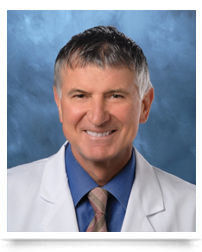Brian's Journal
Aortic Regurgitation, Joined May 23, 2019
Aortic Regurgitation
Joined May 23, 2019
-
 I am from: Ogden
I am from: Ogden -
 My surgery date is: January 6, 2020
My surgery date is: January 6, 2020








Surgeon reviews are above. (Upper right across the top.). We all have journal entries to read.
Start up now. I suggest no evening reading (get plenty of sleep and rest) and no youtube videos (no need to see things you can’t unsee).
You are going to be just fine! Long life ahead of you.
I had bicuspid aortic valve and regurgitation. Many of us do/had.
Buckle up! You can do this (when the time is right).